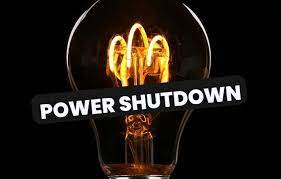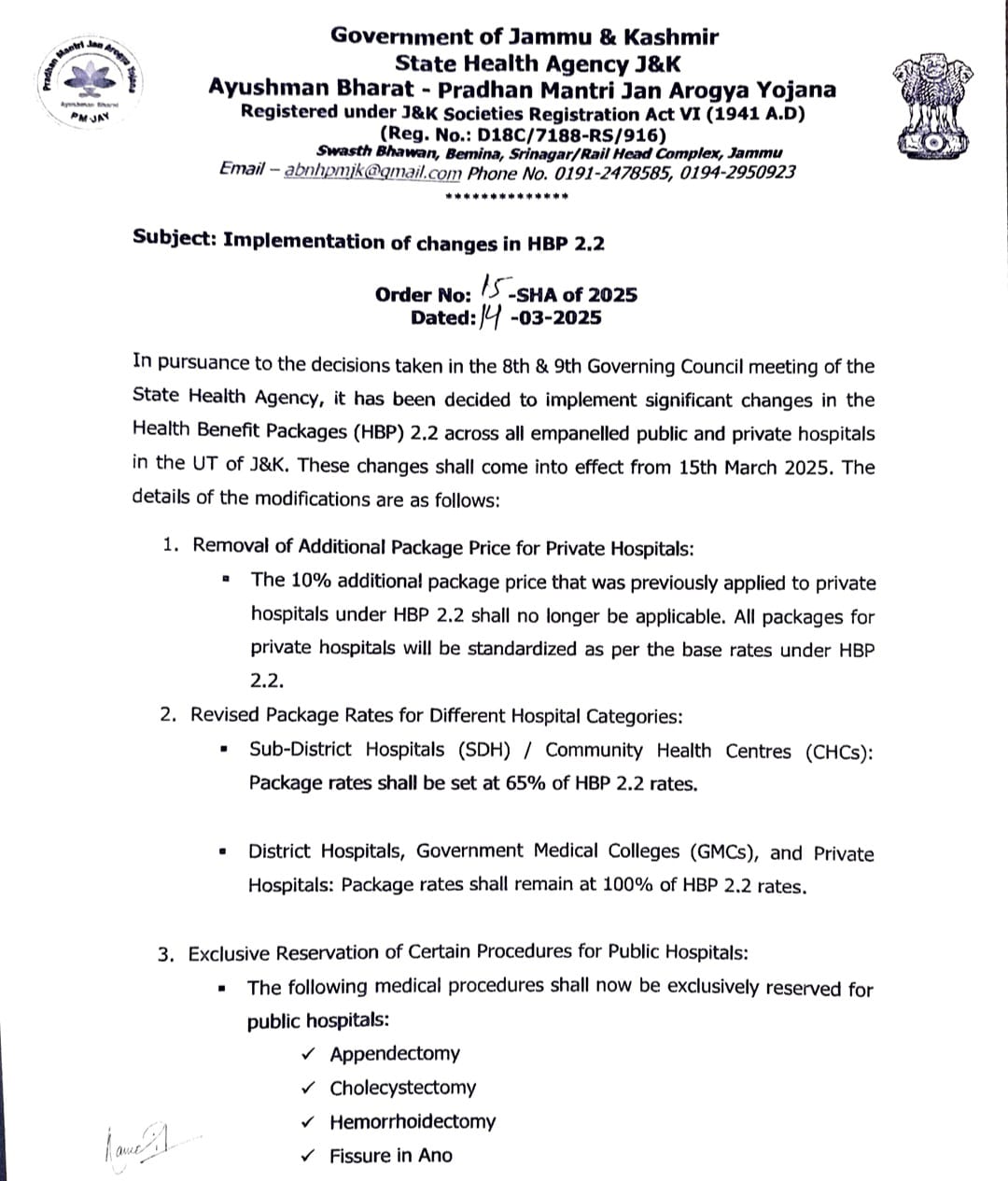The Sirsa police have registered 345 cases pertaining to unlawful activities, including drug and liquor smuggling, with the arrest of 418 persons in the last around two months. During this period, the police have seized a significant amount of contraband, including intoxicants, liquor and illegal firearms, besides proceeds from gambling and betting, amounting to about Rs 2.88 crores.
Superintendent of Police Vikrant Bhushan said under the NDPS Act, 50 cases were registered, leading to the arrest of 66 individuals and the seizure of substantial quantities of narcotics. This includes 2,455.4 kg of poppy husk, 8.3 kg of opium, 1.6 kg of marijuana, 22.8 kg of green opium plants, 551.2 gm of heroin, and 42,600 intoxicating pills and capsules. Additionally, the police cracked down on liquor smugglers, filing 195 cases under the Excise Act and arresting 200 individuals, resulting in the confiscation of approximately 12,000 liters of various types of liquor and illicit alcohol.
Under the campaign against illegal arms trafficking, 13 cases were filed under the Arms Act, leading to the arrest of 14 individuals and the seizure of 11 illegal pistols. In the crackdown on gambling and betting, 87 cases were registered under the Gambling Act, resulting in the arrest of 138 individuals and the seizure of Rs 8,18,680 in betting and gambling proceeds.
The SP said with the Lok Sabha elections approaching on May 25, the district police are on a high alert.
The term narcotic originally referred medically to any psychoactive compound with numbing or paralyzing properties. In the United States, it has since become associated with opiates and opioids, commonly morphine and heroin, as well as derivatives of many of the compounds found within raw opium latex. The primary three are morphine, codeine, and thebaine (while thebaine itself is only very mildly psychoactive, it is a crucial precursor in the vast majority of semi-synthetic opioids, such as oxycodone or hydrocodone).
Legally speaking, the term “narcotic” may be imprecisely defined and typically has negative connotations. When used in a legal context in the U.S., a narcotic drug is totally prohibited, such as heroin, or one that is used in violation of legal regulation (in this word sense, equal to any controlled substance or illicit drug).
In the medical community, the term is more precisely defined and generally does not carry the same negative connotations.
Also Read: Chandrayaan-3 mission had huge impact on perception of Indians









